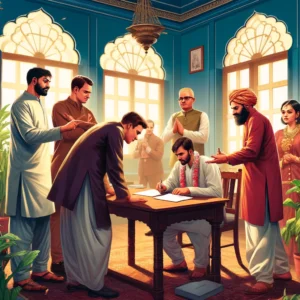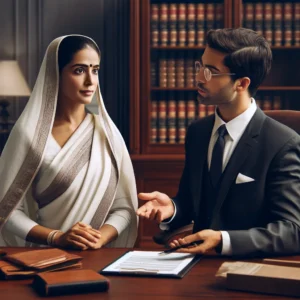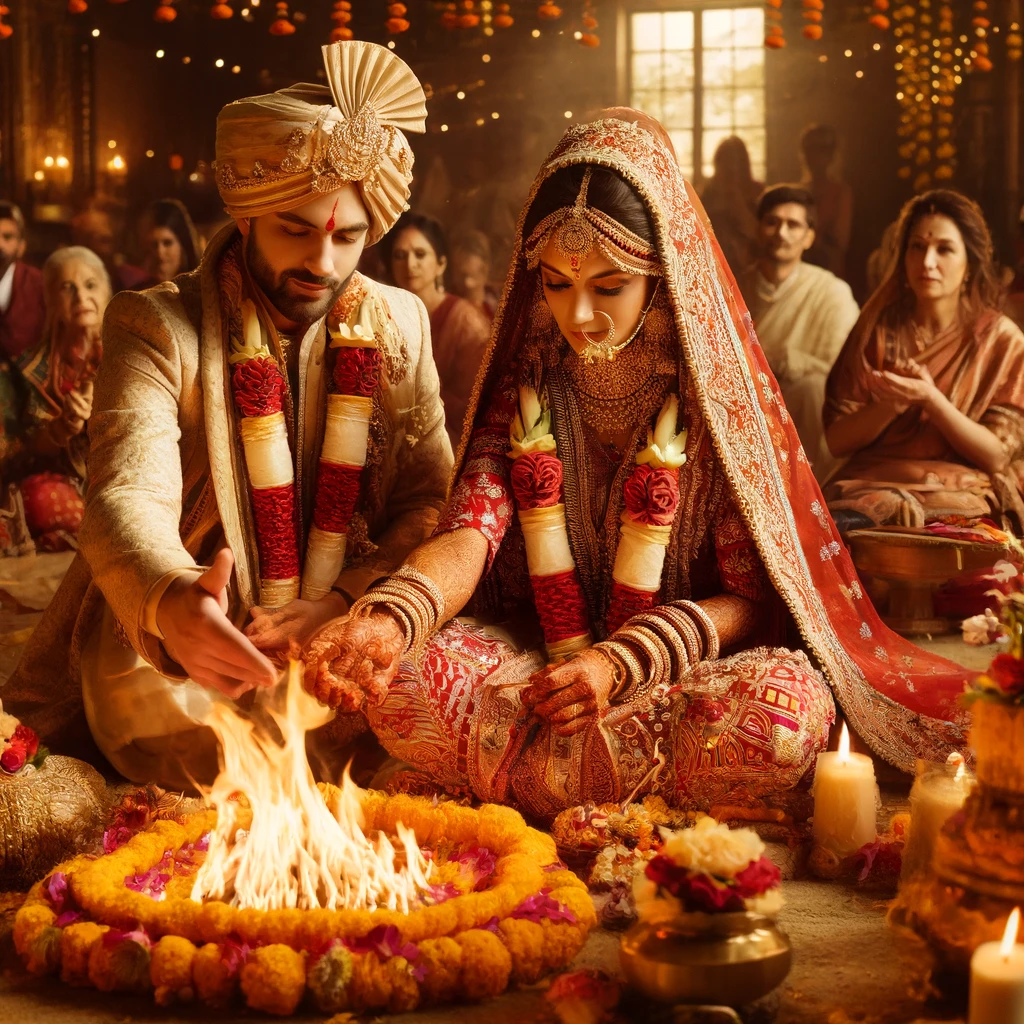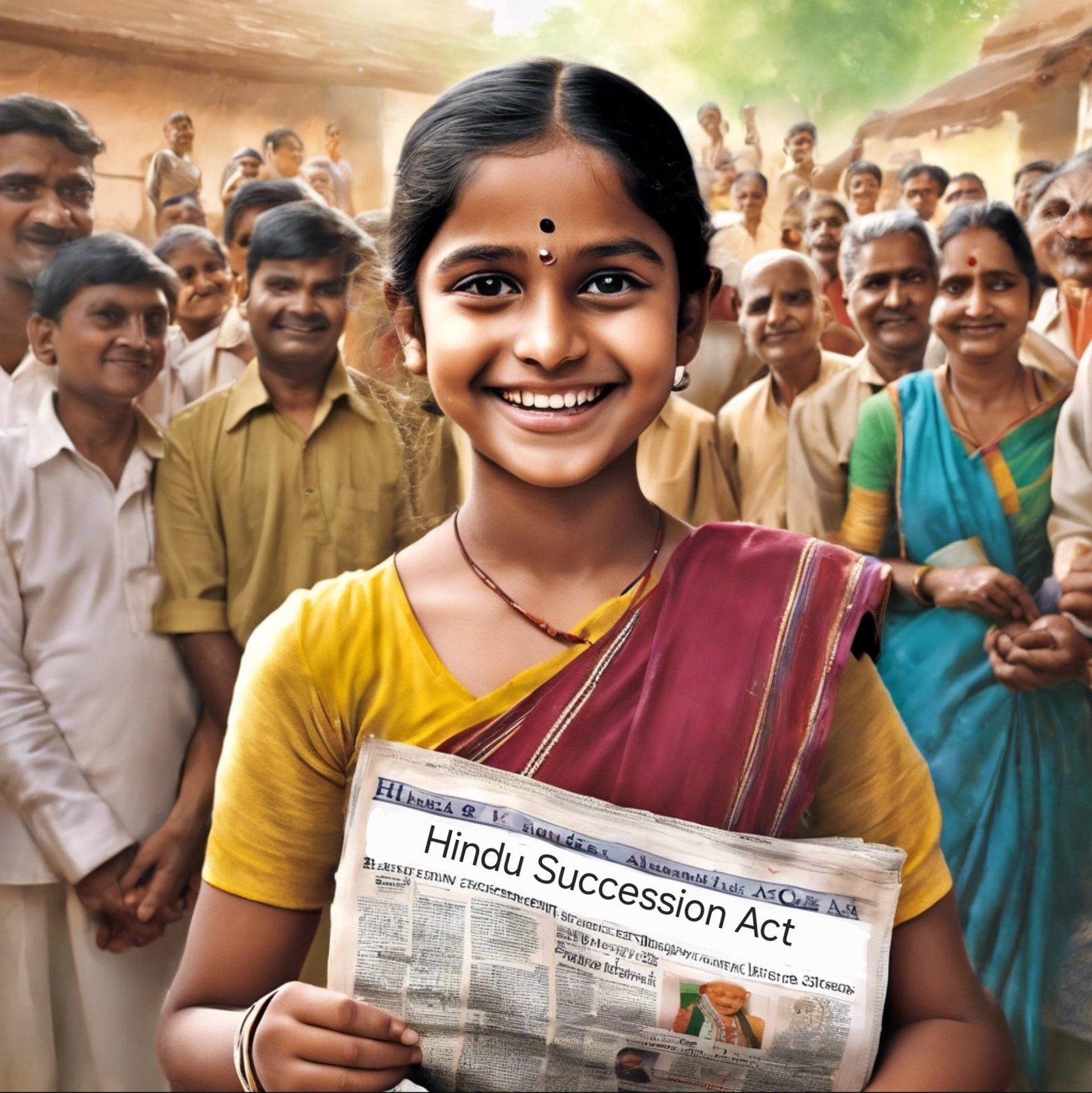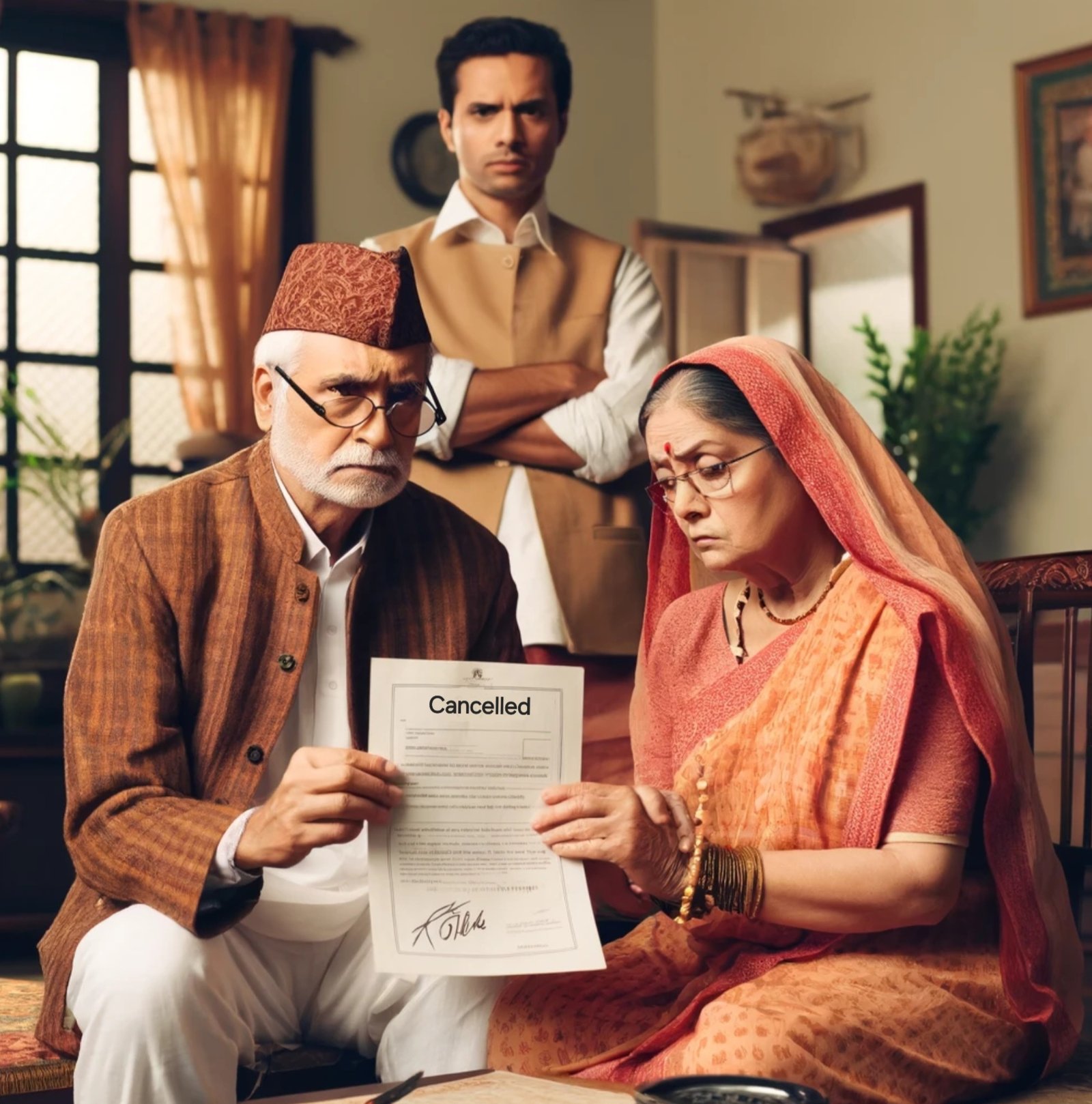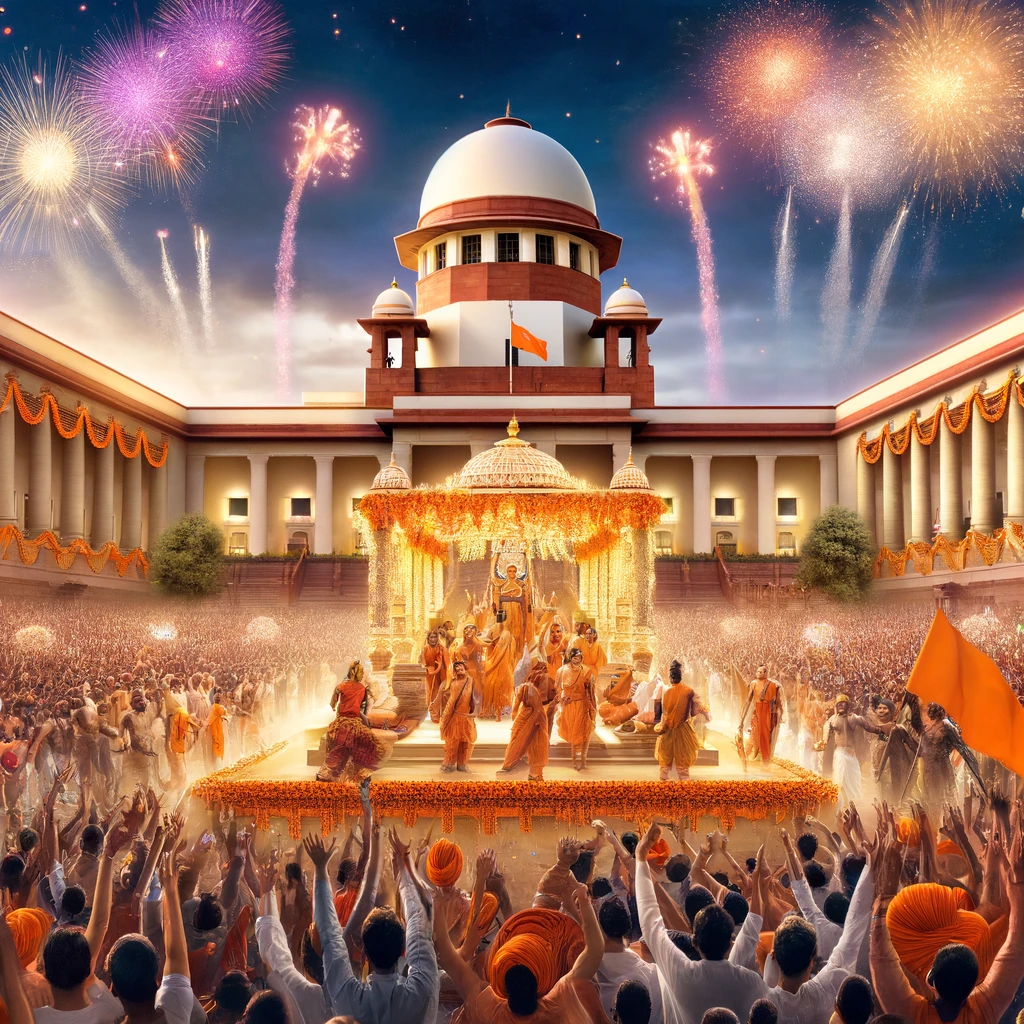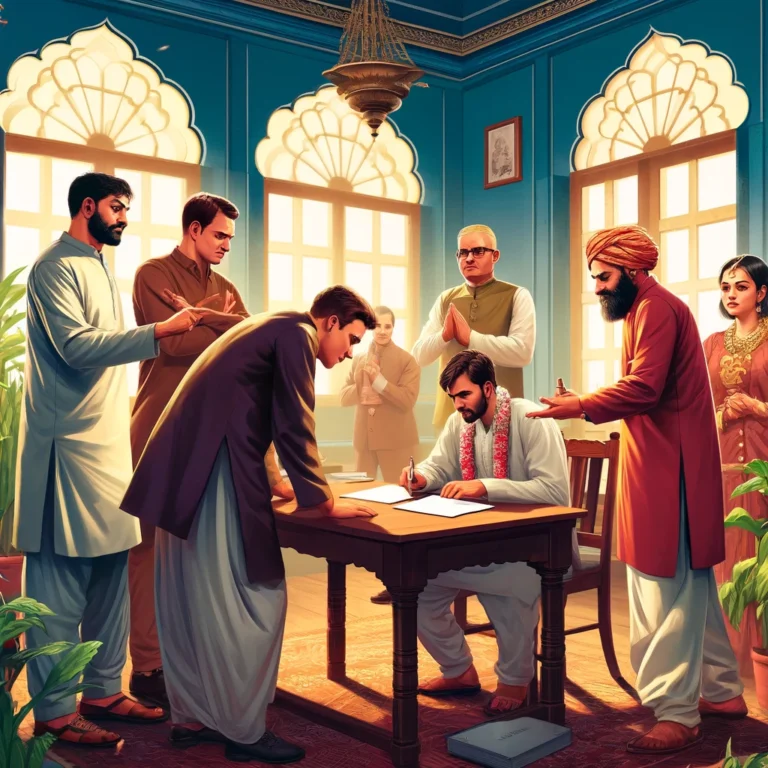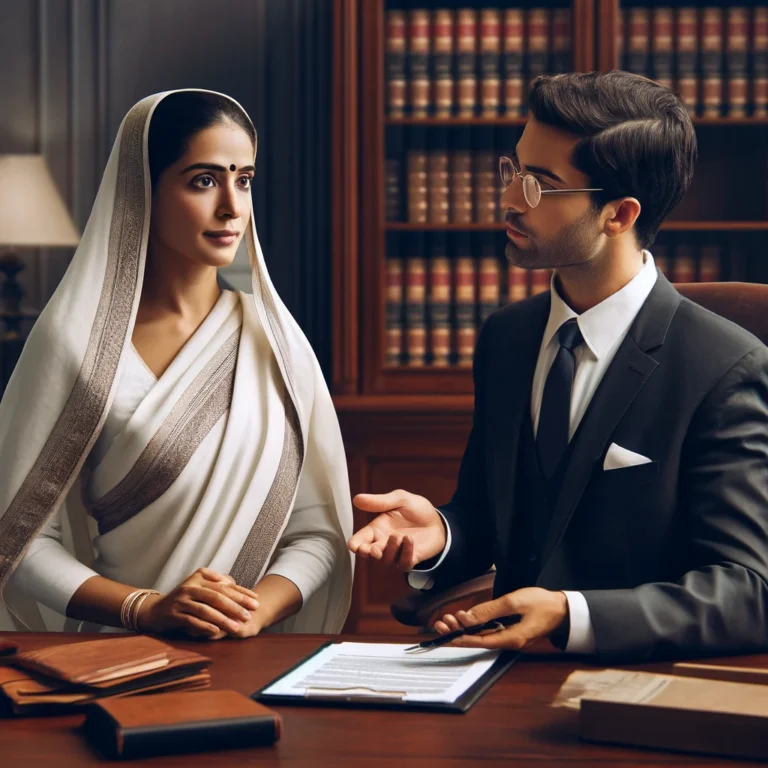Tag: Supreme Court
Is Hindu Marriage Valid Without Ceremonies? SC Explains!
The Court emphasized that the solemnization of a marriage through the performance of the prescribed rites and ceremonies is crucial under Hindu law. Without these, any registration of marriage is invalid and does not confer marital status (paras 10-14).
Do IBC Offences Go to Special Courts? SC Clarifies!
The Court held that the legislative intent of Section 236(1) of the IBC was to incorporate the provisions of Special Courts from the Companies Act as they existed at the time of the IBC’s enactment, making amendments to the Companies Act post-enactment of the IBC irrelevant for the purposes of IBC (paras 42-44).
Do New Rules Apply to Pending Cases? SC Explains Fair Penalties!
The Court emphasized that the purpose of substituting Rule 19 in 2011 was to reduce the penalties and better administer excise laws. Applying the old penalties to new cases would defeat the purpose of the amendment and disrupt fair administration (paras 32-34).
Are Multiple FIRs on Same Allegations Abuse of Process? SC Explains!
The Court held that the High Court erred in dismissing the petition to quash the second FIR. It clarified that the complaint at Udaipur was not prior in time to the complaint at Hisar and both FIRs had similar allegations, indicating abuse of the legal process (paras 8-10).
Can Sessions Courts Handle UAPA Cases? SC Clarifies Jurisdiction!
The Court held that the High Court erred in quashing the proceedings under UAPA, as the Chief Judge, City Sessions Court, Calcutta had the jurisdiction to handle the case until a Special Court was designated by the State Government. The decision by the Chief Metropolitan Magistrate to extend remand beyond 90 days was deemed illegal, but since the accused did not seek default bail, this did not invalidate the entire proceedings (paras 29-30, 37).
Does the 2005 Amendment Ensure Equal Rights to Daughter in Ancestral Property? SC Explains!
The Court held that the High Court was justified in declaring the settlement between the defendants as invalid, and that a valid partition of ancestral property must consider the rights conferred by the 2005 Amendment to the Hindu Succession Act (paras 18-19, 43-44).
Can Property Transfers Be Voided Under Senior Citizen Act? SC Clarifies Conditions!
The Court held that there was no evidence or even a plea suggesting that the release deed was executed subject to the condition that the appellant would provide basic amenities and physical needs to the respondent (paras 14-15).
Did Babur Build the Mosque? Supreme Court: Ayodhya Verdict
Justice Sudhir Agarwal stated it was difficult to ascertain the exact period and reign of the concerned emperor during which the mosque was constructed due to lack of concrete material (Para 1679-1681).
SC Strikes Down Arbitration Deposit Clause as Unconstitutional
The court viewed the 10% “deposit-at-call” requirement as a deterrent to arbitration, making the process expensive and ineffective, and thus arbitrary and violative of Article 14 (Para 23-27).
